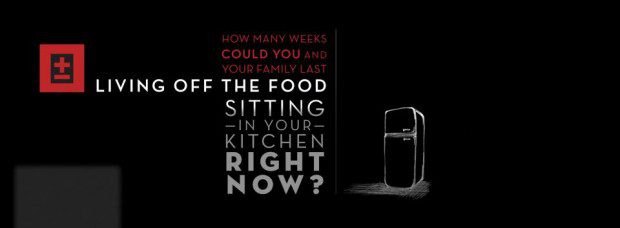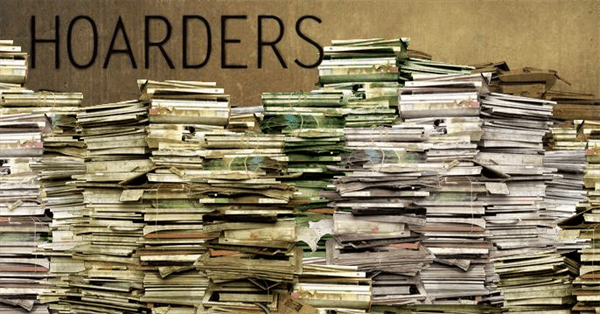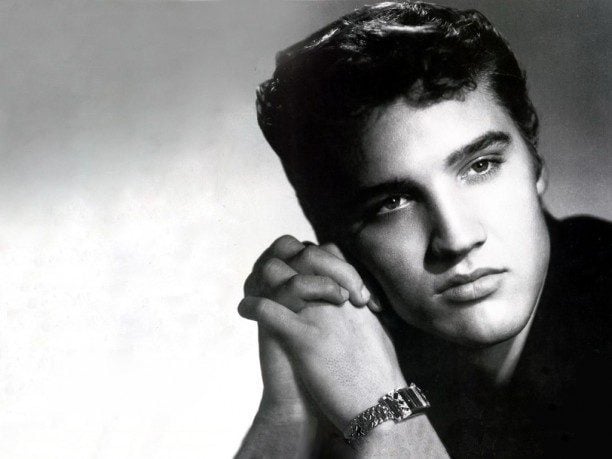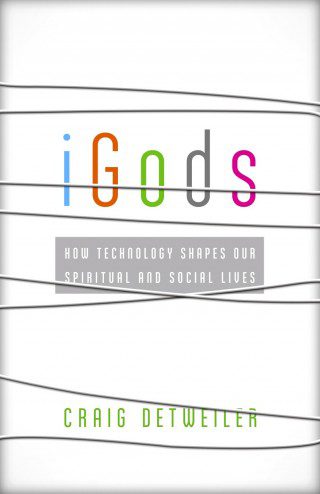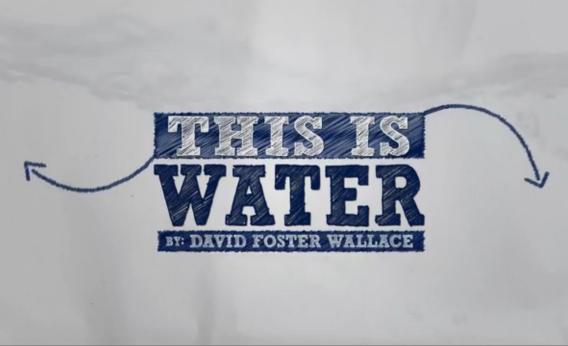My closet is loaded with clothes. My garage is full of boxes. Even my inbox is crammed with correspondence. I am surrounded by so much stuff. Jeff Shinabarger’s perceptive book, More or Less, was written for people like me. We may call ourselves “collectors” or “enthusiasts” or simply someone who has stocked up on a few items in case a disaster strikes. We may not want to hoard and store up, but the sheer volume of things we acquire over the years can threaten to overwhelm us. When will we reach the point we were realize we have enough? Can we break our cycle of seeking more of everything? More or Less is a highly practical guide to assessing our possessions. It contains plenty of examples of how to be more generous, how to set aside things that we don’t use, how to make our excess available to others. The noble aim of the book is contained in the subtitle: “choosing a lifestyle of excessive generosity.”
Jeff Shinabarger writes out of his context in East Atlanta Village, where homelessness hounds his neighbors like Clarence and challenges him to be more generous. It is a personal story, loaded with everyday questions to consider. More or Less offers a great opportunity to take stock of what is in our pantries and closets. Taking the time to count how many shirts and shoes and jackets we have should result in simplifying our lives. Shinabarger recounts how he and his wife decided to live off of what they had stockpiled in their pantry. The sheer volume of cans we have socked away could honestly feed another family for a month. More or Less contains inspiring examples of how to turn the leftover balances on our gift cards into valuable resources for others. It makes generosity and minimalism attainable and cool.
While I found Shinabarger’s storytelling (and online videos) quite compelling, I was surprised that he did not address more of the reasons to be generous. Perhaps the next generation inherently understands why we should share. But so often, our posture and politics seems to make acquiring our mission and shopping our national pastime. Perhaps Shinabarger feels we have enough books that explore Jesus’ attitude towards the widow, the orphan, and the stranger. Yet, the economics of God’s kingdom are an important, ongoing subject, especially given increasing studies on how the middle class have suffered while the 1% have prospered. The revolutionary theology conveyed by Donald Kraybill in The Upside-Down Kingdom or John Howard Yoder’s classic, The Politics of Jesus, provide a long-term biblical base upon which to serve so tirelessly. Laura Hartman’s thoughtful work, The Christian Consumer, addresses the ethics of what we buy, causing us reflect on our purchases before they enter our homes. Bill McKibben raises the question of how much is Enough in terms of ethics and the environment and genetic engineering.
More or Less doesn’t address systemic problems, theological rationale, or structural change. It focuses upon what an average person can do to bless their neighbors. It is written from the perspective of a creative entrepreneur trying to provide viable, economic alternatives. There is plenty of power in these stories, but I fear that far too many may still default to the verse, “the poor you will always have with you”—so why bother? It is tempting to operate out of a theology of scarcity, considering life a zero-sum game. How do we develop the theology of abundance we see in Jesus’ feeding of the 5000? I relish the deeply biblical wisdom offered by Walter Brueggemann here.
Shinabarger’s compelling book arrives at an interesting crossroads for me. Over the past year, I’ve been researching and writing a new book on theology and technology. I’ve been trying to understand how Apple, Google, Facebook, YouTube, and Twitter acquired such cultural power and financial success in such a short time. What services did they offer that millions of us (worth billions of dollars) have decided we can’t live without? They have solved or at least addressed our problems of abundance. When we’re overwhelmed by too much information or too many friends, we turn to Google or Facebook to organize our excess. They got rich by helping us deal with our problems of abundance. Studying the tech titans has caused me to consider how I deal with all the excess in my life.
What I love about More or Less is Jeff Shinabarger’s call to build a regular habit of giving into our daily lives. By planning for excess and positioning ourselves to share, we may discover what to do with our things before they start to pile up. In a nation where public storage facilities house our possessions, where Hoarders is a hit series, where we all know that you can’t take it with you, Jeff Shinabarger offers a refreshing alternative rooted in the ancient truth that it is more blessed to give than to receive.


